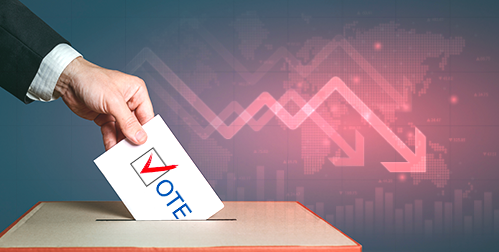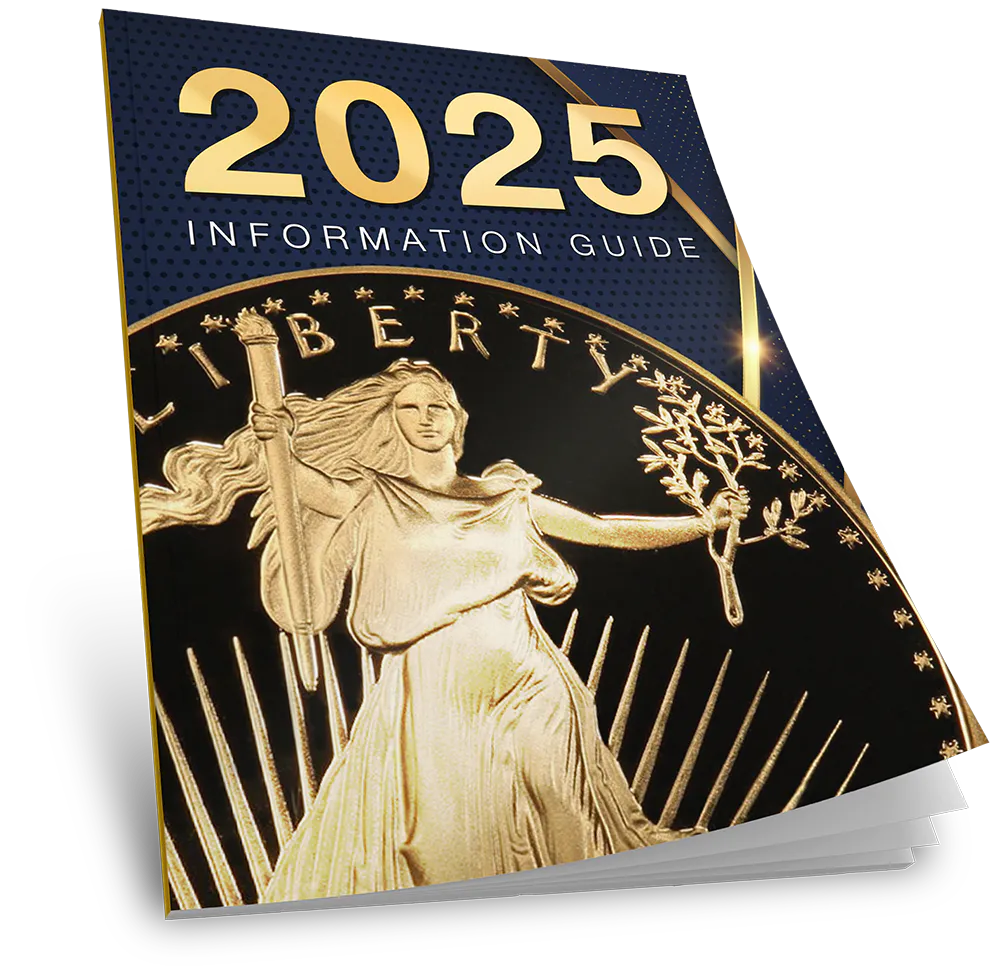Don’t Expect a Market Bump after Midterms
There is a lot at stake in the upcoming midterm elections. They will decide who controls Congress. Some are seeking to improve their political fortunes. While many investors are hoping to improve their actual fortunes. They are looking for a stock market bounce after November 8th. The market has gone up within six months after the last 17 of 19 midterms. Stocks improve by an average of 16% by a year after the elections. Experts warn that history might not be repeating itself after these elections.1
There is usually a post-election bounce because markets hate uncertainty and change. After the new makeup of Congress is sealed, policy becomes clearer. Historically, stocks do better in periods of divided government. The incumbent president’s party has lost seats in 13 of the last 15 midterm elections. This causes gridlock and prevents any major new policy initiatives. Investors feel more confident with no new changes on the table.
After the 2018 midterm, stocks rallied quickly. Democrats took the House and Republicans held the Senate. Average annual S&P 500 returns have been 14% in a split Congress. They are 13% in a Republican-held Congress under a Democratic president. That compares with 10% when Democrats controlled the presidency and Congress.2
“It’s the Economy Stupid”
The economy is a main issue in this election. Unrelenting inflation and recession fears are primary concerns. The S&P 500 has already lost almost 20% of its value year to date. American’s financial worries are echoed by leading CEOs. Jeff Bezos, Elon Musk, Goldman Sachs’ David Solomon and JP Morgan’s Jamie Dimon all predict a severe economic downturn.
Federal Reserve interest rate hikes are fueling the CEO’s fears. The Fed has already raised interest rates five times this year. The last three at a record three quarters of a percentage point. Wall Street is betting on another hike this November. Despite these hikes, inflation still rose. Elections won’t fix inflation or stop a recession. Market volatility will continue until answers for those issues becomes clearer.
Charles Schwab says this midterm economy is different and not to count on a bump. “Post-election outperformance is often driven by the market’s expectation of increased government spending from a new Congress,” Liz Ann Sonders, Schwab’s chief investment strategist, said in a statement. “But an additional infusion of funds seems unlikely this year, given the government’s historic levels of spending and stimulus in response to the pandemic.” Government stimulus is one of the main causes of our 40-year high inflation. Any new stimulus would just make it worse.3
Another recession warning came earlier this week. A bond yield inversion occurred. An inversion is when yields on three-month Treasuries surpass those on 10-year Treasuries. An inversion has signaled every previous recession.
“Recession outweighs factors in previous U.S. midterm elections that were seen as positive for stocks, such as resulting policy gridlock,” BlackRock strategists said. They added that they were “not chasing bear market rebounds.”4
As always, it is important to vote. Midterm elections can change the direction of this country. But investors shouldn’t count on a historical post-election bounce in stock prices. Instead, they should be focused on protecting their funds with safe haven assets. A Gold IRA can protect your retirement funds no matter who gets voted into office. Contact us today to learn more.







